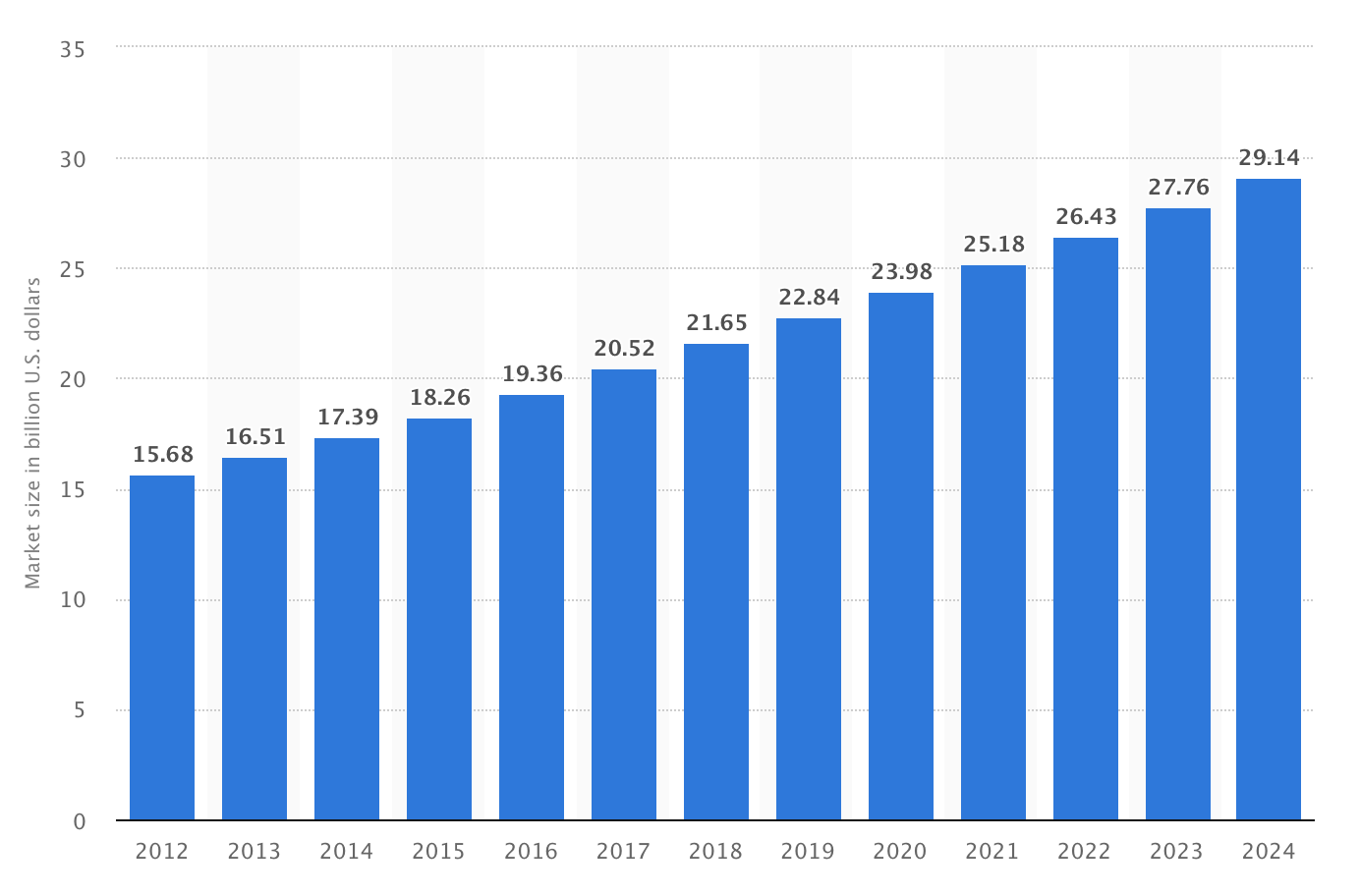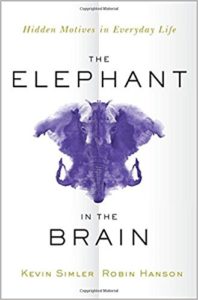It’s one thing to be obsessed with our looks, our beauty…
As the demands of beauty rise, not only do we have to do more all the time, but their nature also changes. Beauty becomes more important. It has begun to function as an ethical ideal. Beauty is often what we — rightly or wrongly — value most. It is what we think about, talk about and what we spend our time and hard-earned cash on. If we are good at beauty, we feel we are good, virtuous; if we are bad, we feel we are no good, almost no matter what else we do. We judge others too on how they look. We make assumptions about what people are like and how successful they are. We read character traits directly from looks, and we start doing this as young as four years old.
…but it’s another thing to confuse beauty practices for health practices.
Consumers are allowing themselves to be manipulated by obvious marketing tactics and the beauty industry is capitalizing on the opportunity. These marketing and advertising tactics remind me of the diamond industry, which I’ve written extensively about.
Let’s take hair for instance. “Shaving, plucking, waxing and lasering” have become so normalized that hair removal is no longer a “beauty practice” but has been “redefined as a hygiene practice, as part of so-called “routine” maintenance.” And these redefined social norms aren’t just for celebrities – they’re for everyone.
Hair removal becomes something we have to do, a requirement. It is not an option to refuse — like teeth-cleaning, but without any of the health benefits. Beauty practices are indulgent and optional; hygiene practices are necessary and required. You don’t have to do a beauty practice; you do have to do something that is required to meet minimum standards, just to be normal. Once the shift to routine is complete, the fact that this is a demanding beauty practice becomes invisible.
The Beauty Market
The Economist reported in 2003 (Real Men Get Waxed) that the US male grooming market was $8 billion. 15 years later, that number has nearly tripled and is on pace to grow by 12% annually.

(source)
Bottom Line: Societal norms and their changes drive huge shifts in spending – especially when there’s strong emotional connection or potential for embarrassment. What shifting & emotionally-charged norms can you capitalize on?

